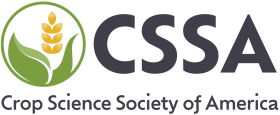Science Policy News
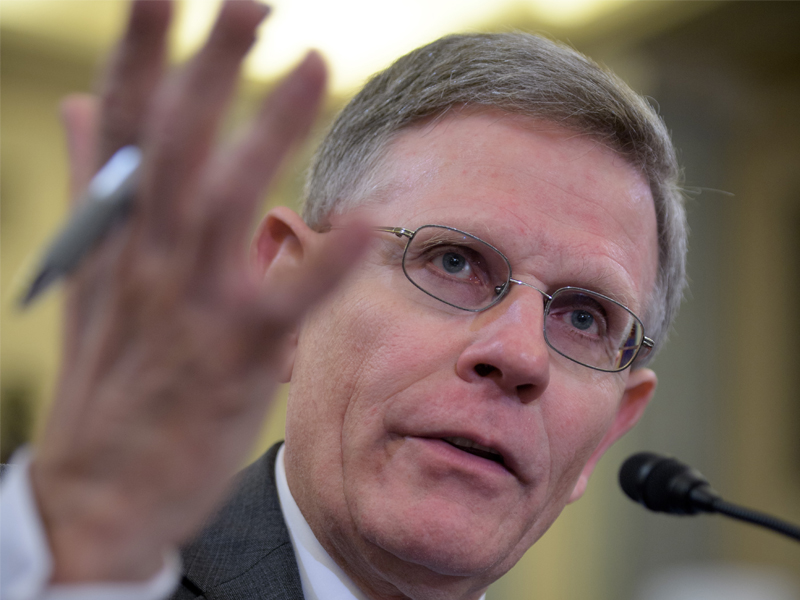
ASA, CSSA, and SSSA responded to a request for comments from the White House Office of Science and Technology Policy regarding ideal characteristics of a data repository. The Societies suggested that repositories should ascribe to FAIR (Findability, Accessibility, Interoperability, Reusability) principles and that long-term sustainability and business models for repositories need to be defined.
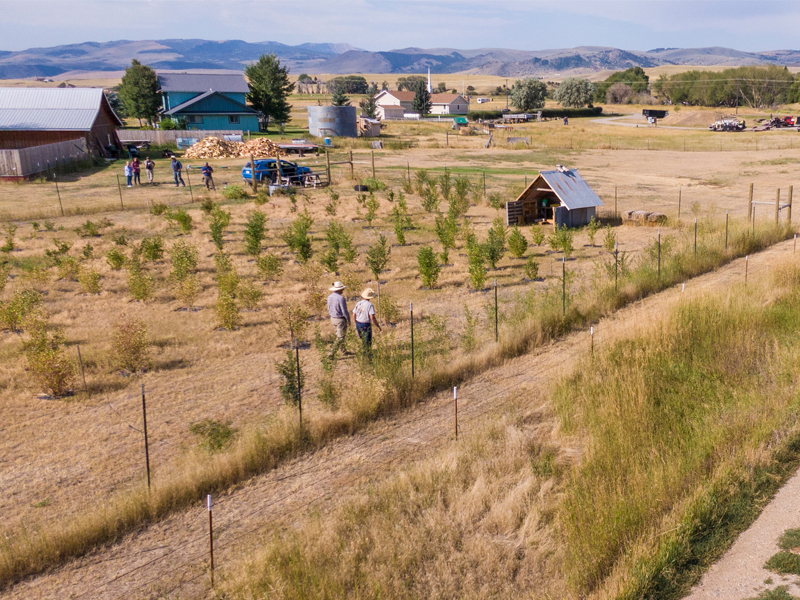
USDA NIFA Director Dr. Scott Angle asked the Agronomy, Crop, and Soil Science Societies for our ideas on how to improve the implementation of NIFA’s capacity and competitive programs and what could be done to increase NIFA’s transparency, effectiveness, and efficiency of its organizational structure. In January 2020, the Societies’ Science Policy Office sent out a survey on these issues to all membership.
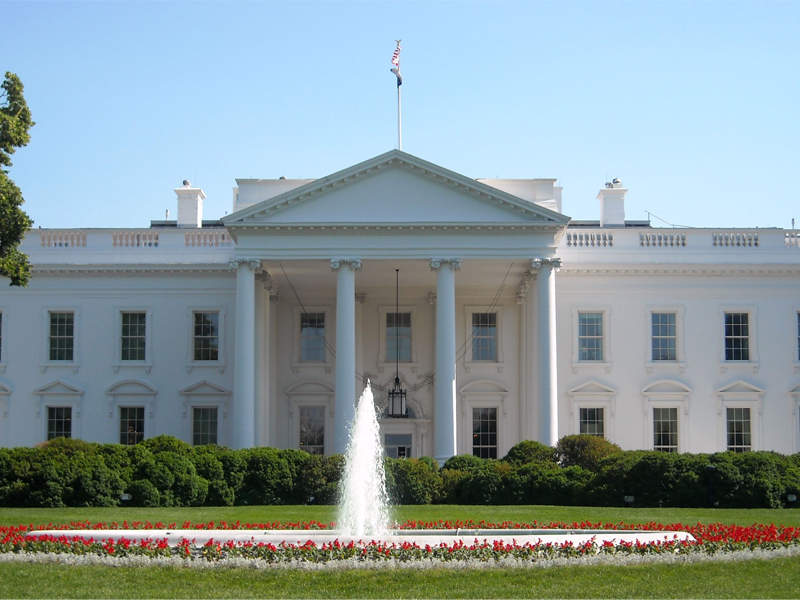
President Trump released his fiscal year 2021 budget request on February 10. Overall, the request was what expected and similar to what the administration had put forward in the past. Most federal research programs received at least single digit funding cuts in the President’s budget. Federal R&D overall was cut by almost 9%.
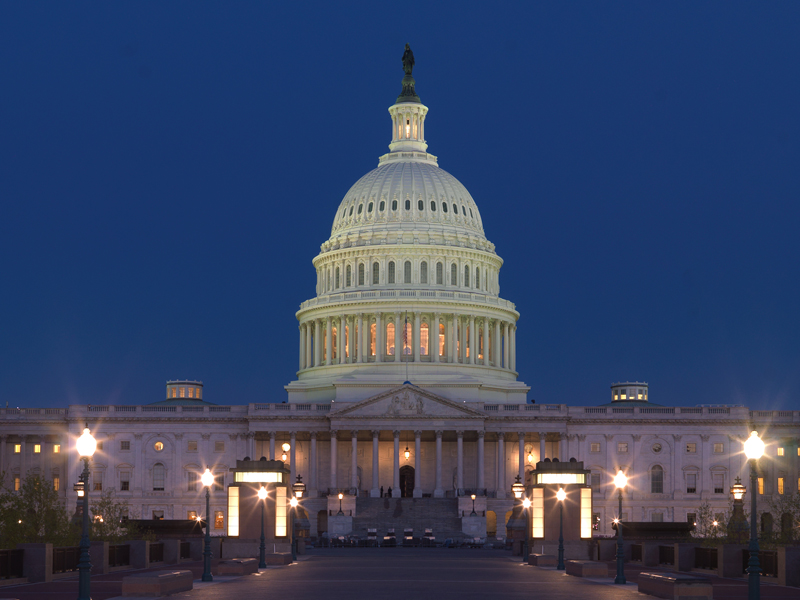
Leaders of the Senate Commerce, Science, and Transportation Committee unveiled bipartisan legislation that would require the White House to sketch out a plan for increasing R&D investments in “Industries of the Future,” specifically artificial intelligence, quantum information science (QIS), biotechnology, next-generation telecommunications, advanced manufacturing, and synthetic biology.

Just before the Christmas holiday, Congress approved $1.4 trillion in spending in a pair of bills funding the federal government for the rest of the fiscal year. The bills included all 12 annual appropriations bills for the 2020 fiscal year that started Oct. 1. Overall, it was another good year for science funding. USDA research programs, NSF, and DOE-Office of Science all saw solid single digit funding increases for FY2020.

ASA, CSSA, and SSSA, as part of a coalition of 60 scientific societies, issued a letter expressing deep concern over changes proposed to the administration’s policy governing the open distribution of published journal articles containing federally funded research. Under the current policy, free and open distribution of journal articles containing work resulting from U.S. federally funded research is subject to a 12-month embargo.

The House Select Committee on the Climate Crisis released in September a “request for information” soliciting input from stakeholders on a broad range of issues related to climate change and potential policy solutions. The select committee aims to submit legislative recommendations to Congress in March of 2020 informed by the input from the RFI.
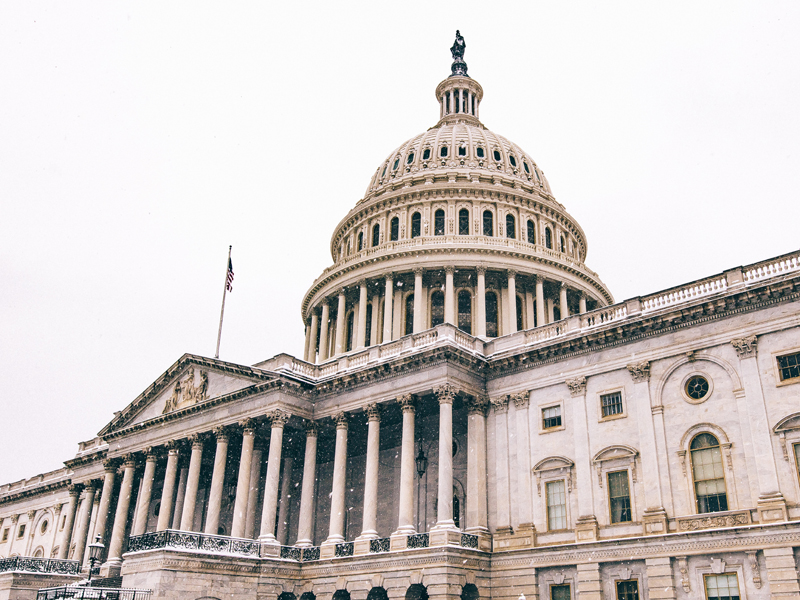
Now that most of the fiscal year (FY) 2020 spending bills have been approved by the House and Senate, Congress must now work out the differences in the two versions of each bill to develop a final compromise bill. Not only will the House and Senate have to work out the final funding levels for specific research programs, the two chambers were working under entirely different topline spending numbers. In many cases, the two versions of the bills are vastly different, meaning that the negotiations to get to the final bill will be a challenge.

60 science, engineering and educational organizations, including ASA, CSSA, and SSSA sent a letter to the heads of U.S. science agencies expressing concerns over new policies and procedures under consideration to minimize security risks will have the unintended effect of harming the scientific enterprise. The letter emphasizes the need to be vigilant to safeguard research, we must also ensure that the U.S.
